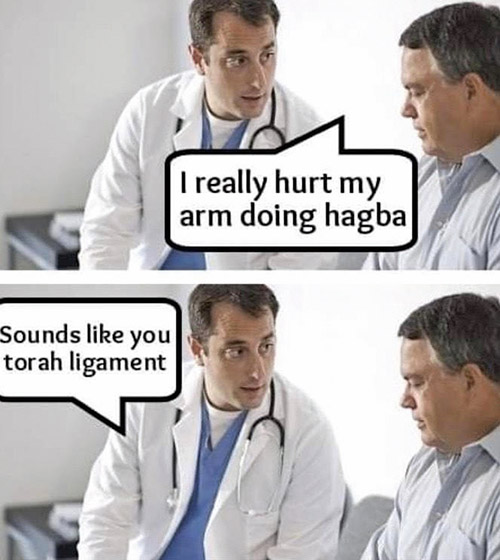
So you have lower back pain? Tell me about it. I see over 1,000 patients a month, and if I had a dime for each time a patient told me… Well, you get the point.
Roughly 90% of adults experience low back pain at some point in their lifetimes. It is the most common cause of job-related disability and a leading contributor to missed work days.
With how common low back pain is, one would think society would have gotten to the bottom of it by now. Well, we haven’t.
Most low back pain is acute, or short term, and lasts a few days to a few weeks. It tends to resolve on its own with self-care.
Chronic back pain is defined as pain that persists for 12 weeks or longer. About 20% of people affected by acute low back pain develop chronic low back pain.
Do your pain doctor a favor, see us before your pain becomes chronic!
When dealing with low back pain, education is key. If lower back pain goes unresolved and self-care is not working, it is important to see a spine specialist to “get to the bottom of it.”
An experienced physician should be able to easily ascertain what is causing your pain. Sometimes there is a clear event like a recent car accident, slip and fall or other trauma. Yet, sometimes, it involves poor posture, sleeping habits/regimens, poor diet, sedentary lifestyles, and even long commutes/drives preceded by a lack of stretching (all of which we will discuss at length during our initial encounter). If conservative treatment (think NSAIDS, heat/ice, physical therapy, etc.) fails, your pain doctor can step in and knock out the inflammation.
We have a lot of tricks up our sleeves. But you don’t always need the cool, innovative and mostly untested treatment out there! Most of the time the good old epidural steroid injections (ESIs) does the trick. An epidural injection is a common method of treating inflammation associated with low back pain, and has withstood the test of time.
Why get an epidural steroid injection?
Narrowing of the spinal passages can occur from a variety of causes, including most commonly disc herniations. The epidural space is a fat-filled “sleeve” that surrounds the spinal sac and provides cushioning for the nerves and spinal cord. Steroids placed into the epidural space have a very potent anti-inflammatory action that can decrease pain and allow patients to improve function. Although steroids do not change the underlying condition (or any potential pathology), they can break the cycle of pain and inflammation and allow the body to compensate for the condition.
Epidural steroid injections have been performed for many decades and are generally considered as a very safe and effective treatment for back and leg pain. When performed by an experienced physician using fluoroscopic guidance, the risk of experiencing a serious complication is significantly minimized. Overall, ESIs are usually very well tolerated and most patients do extremely well.
At the Center for Musculoskeletal Disorders, our board-certified physicians provide advanced, evidence based, multidisciplinary and cost-effective interventional pain management.
Our goal is to improve your ability to return to the activities you have been missing, as well as provide a meaningful reduction in pain.
We have your back!
Dr. Simhaee received his undergraduate degree from Yeshiva University from which he graduated with a Bachelor of Science in the field of biology and earned degrees in sociology and Judaic studies. He then attended the Sackler School of Medicine in Ramat Aviv, Israel, where he was introduced to the field of physiatry. In 2009, Dr. Simhaee returned to the U.S. to join Nassau University Medical Center where he completed a preliminary year of Internal Medicine. Dr. Simhaee then joined the world-renowned Rusk Institute located at the NYU Langone Medical Center, and its various affiliations, where he embarked on a formal training in the field of Physical Medicine and Rehabilitation. With an emphasis on the integrity of the Spine and Pain Management, Dr. Simhaee then completed an Interventional Pain Management fellowship in Cherry Hill, New Jersey.








